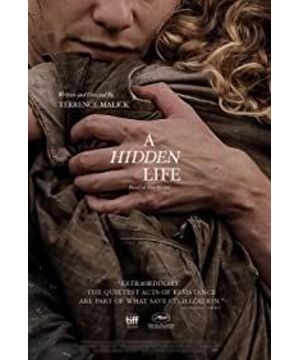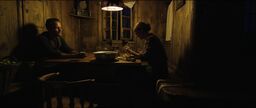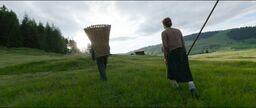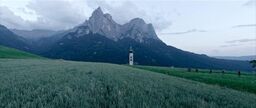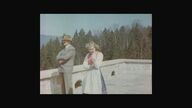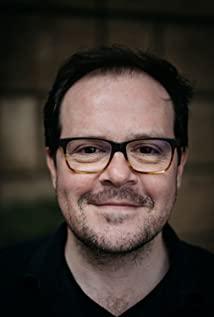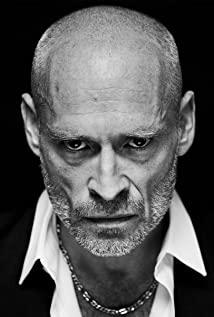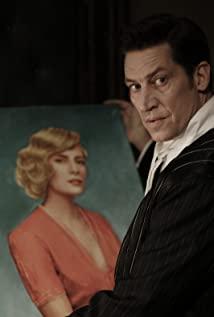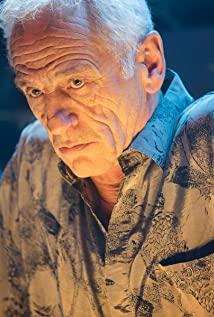In my opinion, this is probably the most popular Malik work. Ma Daxian, who is usually high above the ground, is basically flying close to the ground this time. The vision of time and space was rarely retracted, and those heaven, earth, mysterious, and cosmic all collapsed into that small inconspicuous farmhouse, frozen in the short time gap of 1939-1943. "The Hidden Life" reminds me of "Interstellar Crossing" inexplicably. Of course, Malik chose a more internalized and convergent story. Through the two-line narrative in the latter part, the time should flow at the same time but not necessarily like this—— To express the topic of love (at least it should be one of the subtitles). Originally, Franz and his family were as comfortable as living in the Garden of Eden. Naturally, it was his belief. The family was his church. Every hug was as sacred as a religious ceremony. The children played like angels. "Life It's so simple, it seems that no troubles can disturb our valley, and we live a life like a god."
Using black-and-white historical images similar to those shown in "Poor Mountains and Evil Waters" (Figure 1), Malik bluntly stated that this kind of easy peace will eventually become an unattainable luxury, and the shadows cast by the war are realized within this family. A precise implosion. As a powerful force majeure, the war machine coldly gradually cut the connection between Franz and the sacred and inviolable nature, marked by the gradual exhaustion of the dialogue channels-from the intimate and harmonious state, to the difficult circulation of letters, and then to the narrative. The broken and untouchable—he loses synchronization with natural breathing like magma slowly cooling down—the relative stagnation of time.
Graham Green said in "Power and Glory": "It is not difficult to die for good and beauty, for the family, for the children, or for saving a civilization. But for the coward, for the fallen man But death requires a savior." Whether Franz's behavior that is almost instinctively close to his conscience can be raised to the height of a savior is not yet known. Perhaps it can also be regarded as his attempt to use life to follow the inertial trajectory of death." "The Christ", he chose a path to self-destruction without hesitation. In the torture room where Franz arrived at the end of his life, which should have been gloomy, the camera's point of view was unavoidably directed towards the irrepressible light from the bottom of the curtain, the roof, and the windows (as shown in Figure 2) and the water winding across the ground. After a brief period of silence in the picture, light swept over everything and poured freely, water wrapped in time and rushed endlessly, wandering in a beamless medium with that lasting power, in the name of God, in the name of love, and in the name of nature. Lanz will eventually meet in the distant mountains with everything he cherishes.
View more about A Hidden Life reviews


